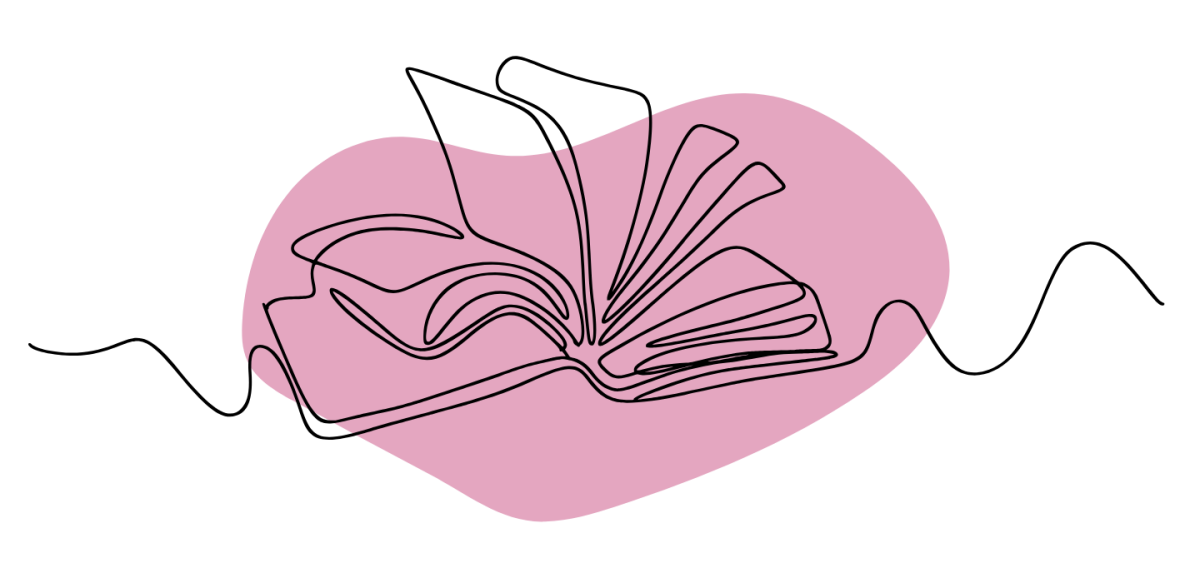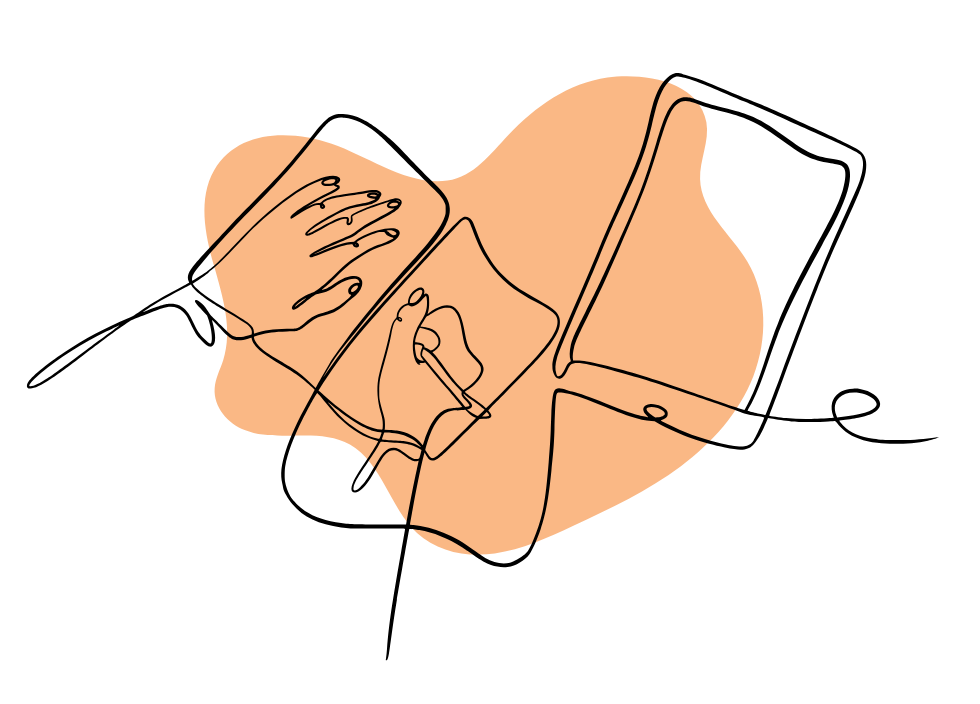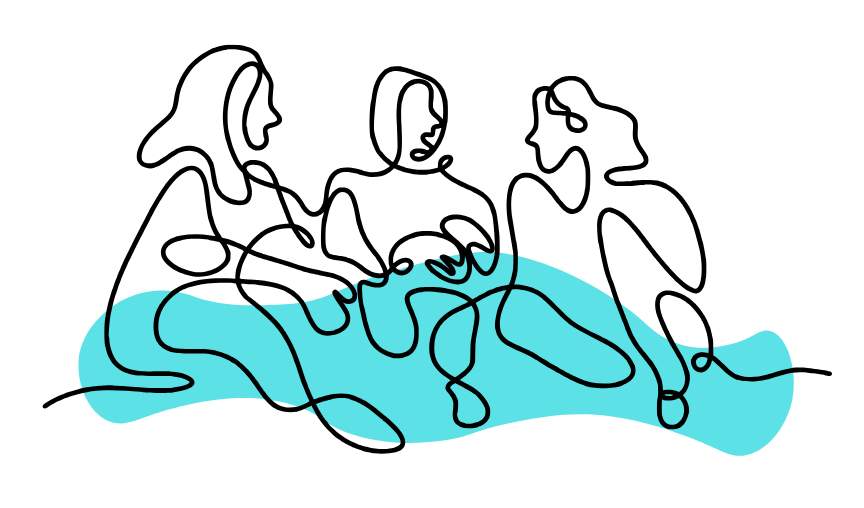To gain a deeper understanding of the impacts of arts and art-based education, ALPHABETICA adopts an interdisciplinary theoretical and methodological approach. This includes a systematic literature review of existing data, technologies, methodologies, and evaluation criteria in art and arts-based education, which will help build the theoretical and methodological toolkit for the own research to be done in the project.
Approach

ALPHABETICA goes beyond the state-of-the-art by adopting innovative and participatory theoretical and methodological approaches to co-create practices and solutions for universal and inclusive access to arts-based education and the arts to validate the positive impact of arts-based education on children’s development. This construction of knowledge will cover the assessment of the value that is attributed to art and arts-based education. For this purpose, different sets of focus group meetings and surveys will be conducted for this purpose with students, teachers, and policymakers. In parallel, an in-depth analysis of the national curricula across the consortium countries seeks to identify exemplary practices of arts-based learning within school systems. It will be used to develop training programmes for educators, equipping them with the knowledge, skills, and strategies necessary for implementing arts-based education.

The transformative effect of arts-based education in disadvantaged communities will be empirically assessed with the implementation of 12 pilot actions at schools and other informal and non-formal education settings. Each pilot action has a different focus while they all share the same co-creation and Youth Participatory Action Research approach. The insights drawn from these pilots will contribute to assess the transferability of the skills and competences acquired through the arts and arts-based education, as well as to a set of lessons and recommendations aimed at guiding future initiatives.
ALPHABETICA has a rich plan for civic engagement and creating spaces for discussing and disseminating the knowledge that the project is generating. This is going to be performed through Living Labs, with students and young people, teachers and stakeholders in the educational world, decision-makers across Europe, and other EU-funded projects and the New European Bauhaus.

In short, ALPHABETICA partners remain committed to fostering inclusion, creativity, and lifelong learning through the arts, demonstrating how artistic expression can be a powerful driver of educational and social transformation by:
- Providing qualitative and quantitative data on attitudes towards and perceptions of arts by children, families, educators and policymakers.
- Using participatory and caring approaches and pedagogies to provide an evidence-based assessment of the instrumental outcomes of arts-based education, their transformative impact, and their transferability to children and young people’s other life domains.
- Taking and teaching a caring approach that, through arts-based education, will sustain a commitment to lifelong learning.
- Providing evidence-based recommendations for policy action
